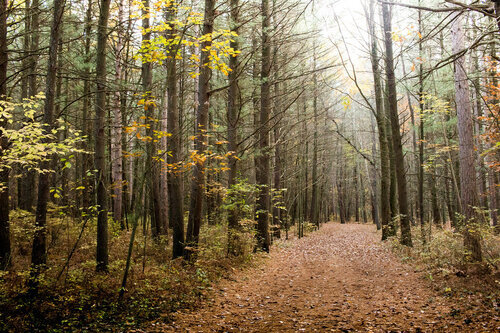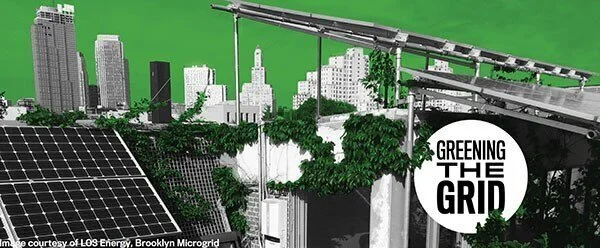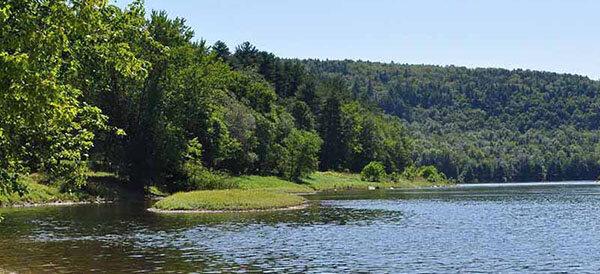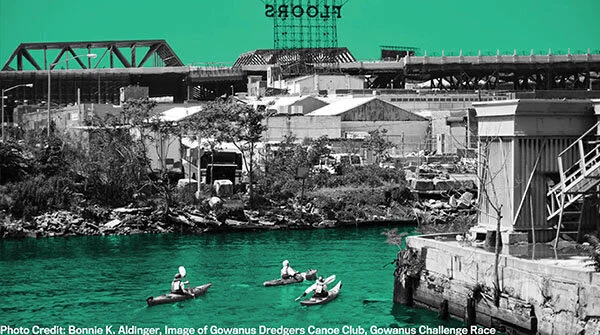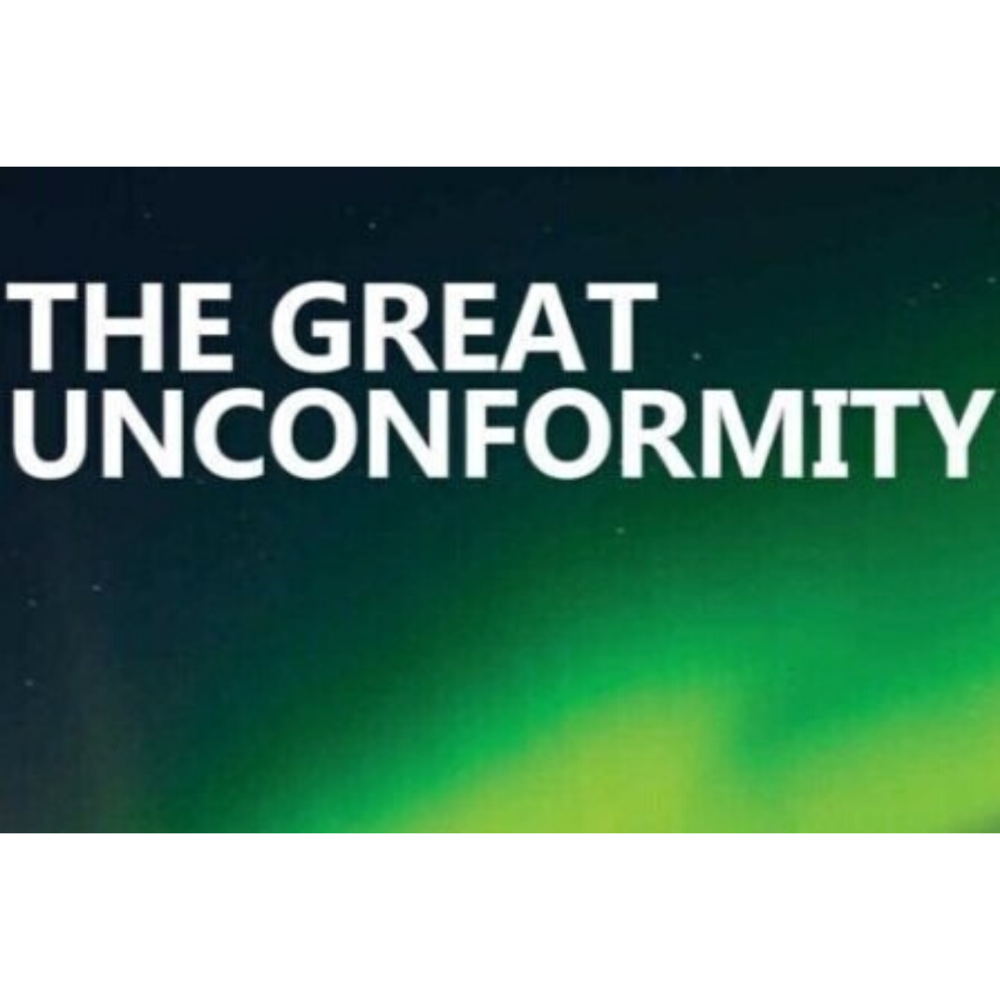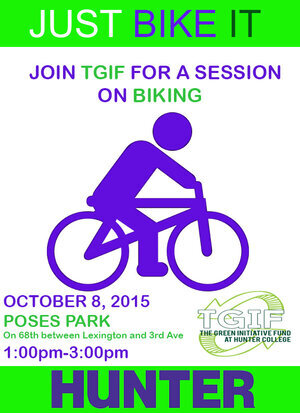SUNDAY, OCTOBER 22, 2017, 2:00 PM
The Museum of the City of New York will be hosting a symposium to mark the five year anniversary of Superstorm Sandy, a watershed moment for New Yorkers’ awareness of the devastating impacts of climate change. This afternoon program will examine how New York City can survive and embrace its future as a coastal city surrounded by rising waters.
This is the opening event in the new series, New York’s Future in a Changing Climate, which explores the challenges and opportunities presented in the Museum’s Future City Lab, the interactive third gallery in the New York at Its Core exhibition.
Reception and exhibition viewing to follow.
For additional information on the symposium and to purchase tickets go to the exhibit web page here.
Institute for Sustainable Cities at Hunter College supporters can receive reduced admission price for the symposium by entering the discount code FUTURE at checkout.
SYMPOSIUM AGENDA AND DETAILS:
Conversation One | 2:00 pm
Confronting the Unthinkable
Novelist Amitav Ghosh, author of The Great Derangement: Climate Change and the Unthinkable, joins Dr. Naomi Oreskes, author and historian of science, and Dr. Elke Weber, psychologist and social theorist, for a wide-ranging conversation moderated by journalist Andrew Revkin about the cultural and psychological context of climate change and the extreme difficulty we experience in facing the facts — and the future — head-on.
Conversation Two | 3:30 pm
Community Responses to Climate Change
In the face of inaction at the national level, cities and their residents represent the best hope for an effective response to climate change. Join a group of artists and community organizers at the forefront of these interventions for a conversation about creative approaches to climate change, from grassroots initiatives to provocative artistic projects.
Cecil Corbin-Mark, Deputy Director, WE ACT for Environmental Justice
Mary Mattingly, visual artist and founder of Swale, a floating food forest built atop a barge
*Genea Foster, Climate Justice Policy Coordinator at UPROSE
Courtney St. John (moderator), Director of Energy Transition, Climate Nexus
**Please note that due to UPROSE’s work on the ongoing crisis in Puerto Rico, Elizabeth Yeampierre will no longer be able to participate in this event.
Schedule:
2:00 pm – Conversation One: Confronting the Unthinkable
3:15 pm – Intermission (coffee & tea)
3:30 pm – Conversation Two: Community Responses to Climate Change
4:45 pm – Reception and exhibition viewing (wine and light refreshments)
5:00 pm – Kubi Ackerman, Director of the Future City Lab, introduces the Lab
5:10 pm – Lab open for exploration; Museum guides will be stationed in the Lab to answer questions
6:00 pm – Museum closes
About the Speakers:
Cecil Corbin-Mark is Deputy Director and Director of Policy Initiatives for WE ACT for Environmental Justice in Harlem. Corbin-Mark previously worked for the Bronx County District Attorney, New York State Justice Honorable W. T. Martin, the Mellon Minority Scholars Program, and the New York Public Library.
Genea Foster coordinates the Climate Justice Center and the Protect Our Working Waterfront Alliance at UPROSE, an intergenerational, multi-racial, nationally recognized community organization that promotes sustainability and resiliency in Brooklyn’s Sunset Park neighborhood. An urban planner with expertise in environmental planning, community development, and community engagement, Foster works on projects addressing climate resiliency, sustainable energy, brownfield redevelopment, public health, and environmental gentrification.
Amitav Ghosh is the author of The Great Derangement: Climate Change and the Unthinkable, published in July 2016. He is an award winning novelist whose books include The Circle of Reason, The Shadow Lines, and The Glass Palace. His work has been translated into more than twenty languages and his essays have appeared in The New Yorker, The New Republic, and The New York Times.
Mary Mattingly is a Brooklyn-based artist whose work explores issues of sustainability, climate change, and displacement. She is the founder of Swale, a floating food forest built atop a barge that travels to piers in New York City, offering educational programming and welcoming visitors to harvest herbs, fruits, and vegetables for free.
Dr. Naomi Oreskes is Professor of the History of Science and Affiliated Professor of Earth and Planetary Sciences at Harvard University. Her 2004 essay “The Scientific Consensus on Climate Change” (Science 306: 1686) has been widely cited, including in the Academy-award winning film An Inconvenient Truth and in Ian McEwan’s novel Solar.
Andrew Revkin (moderator, “Confronting the Unthinkable”) is Senior Reporter for climate and related issues at ProPublica. He has written on climate change for 30 years, from the Amazon to the North Pole, the White House to the Vatican. He joined the staff of the Pulitzer-winning public-interest newsroom in December after 21 years of writing for The New York Times. He has written acclaimed books on global warming, the changing Arctic, and the Amazon rain forest.
Courtney St. John (moderator, “Community Responses to Climate Change”) is Director of Energy Transition at Climate Nexus, a strategic communications group dedicated to highlighting the impacts of climate change and clean energy solutions in the United States. St. John previously held positions at Columbia University’s Earth Institute, on the U.S. Navy’s Task Force Climate Change, and as a John A. Knauss Marine Policy Fellow in the Office of the Oceanographer of the Navy. In 2015, Courtney was honored as a Climate “sHero,” one of 19 women working to advance action on climate change in New York City.
Dr. Elke Weber is the Gerhard R. Andlinger Professor in Energy and the Environment and Professor of Psychology and Public Affairs at Princeton University. Her research examines and models decision-making under risk and uncertainty and time delay from a psychological and neuroscience perspective, with a focus on understanding and potentially correcting the often far from rational environmental decisions we make.






